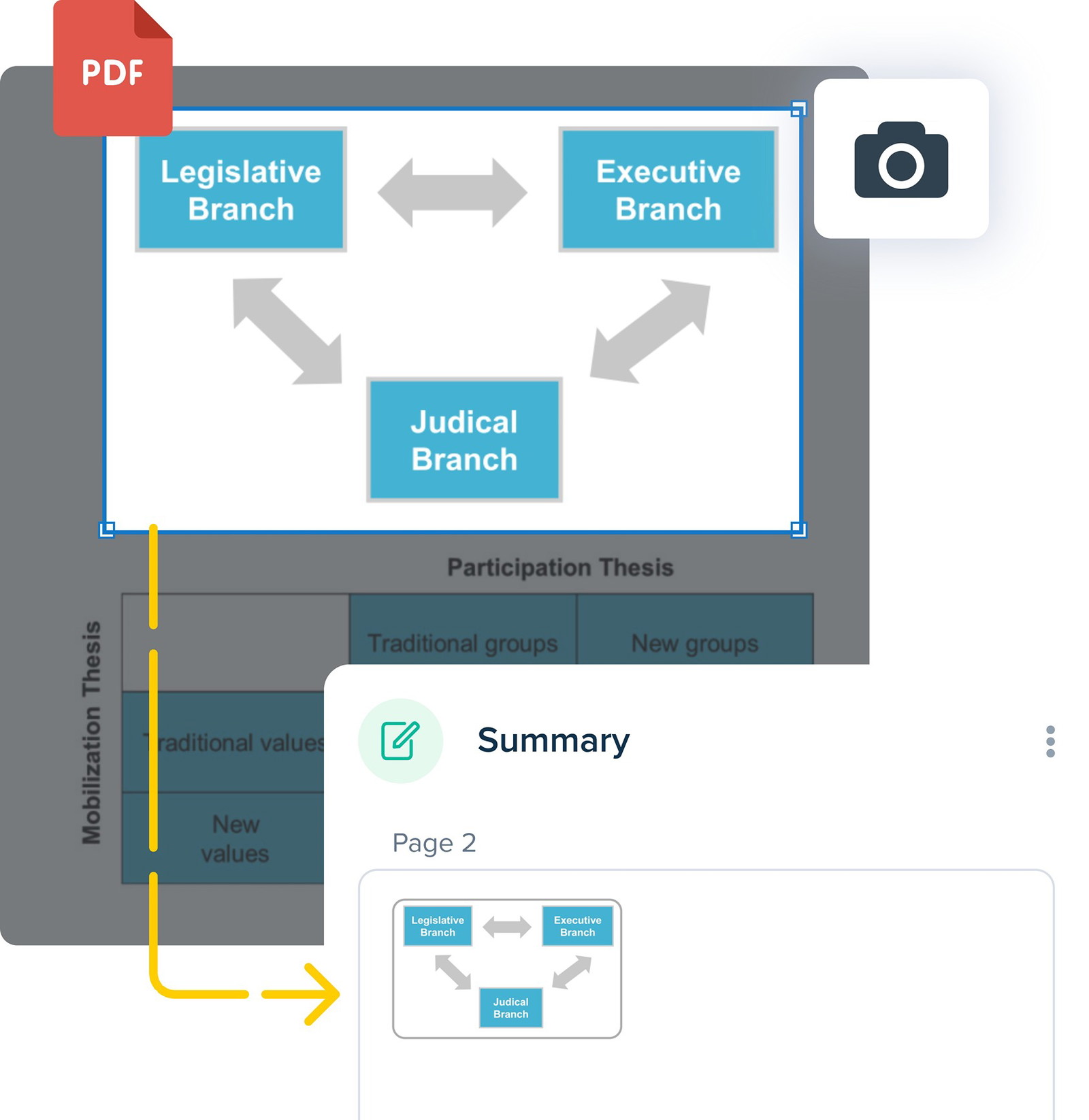
9
نوفمبر14 Days To A Better K12 Online School
Addressing writing difficulties in children is not a one-size-fits-all approach. It is crucial to recognize each student's unique needs and engage them in a tailored, supportive learning process. Through attentive observation and strategic intervention, these kids can learn how to overcome their challenges and express themselves through written words brilliantly.
The Cornell system involves dividing the note paper into three sections: cues/questions, notes, and summaries. Students would take their notes from lectures, reading materials, and experiments during class in the 'Notes' section, formulate thought-provoking questions or cues related to their notes in the 'Cues/Questions' part, and summarize the information in their own words at the end of each lesson in the 'Summary' section.
Children were also guided to use graphic organizers to structure their thoughts before beginning to write. These visual tools helped them recall previously learned information, plan responses, and express what they wanted to write more clearly. Subsequently, their writing skills improved, and they were found to be more coherent and structured than before.
Overall, these advances provide a plethora of ways to assist children in developing their organization skills. From handy digital tools to effective psychological strategies, the world of child development and education continues to evolve, providing increasingly effective methods to foster this crucial skill in children. These advances are equipping parents and educators alike in cultivating younger generations that are organized, capable, and ready to tackle the tasks life throws at them.
The fundamental advance is the introduction of interactive and personalized AI-based writing prompts, transforming the tedious task of creative writing into an engaging, child-friendly activity. These writing prompts use AI technology, backed by machine learning algorithms, to engage children in writing ventures. It acknowledges the individual learning rhythm and preferences of each child and personalizes the prompts accordingly.
In conclusion, technology has dramatically shifted the paradigm of primary school reading instruction. While the traditional methodology of teaching reading skills has its merits, the emergence of online platforms provides a more adaptive, interactive, and engaging approach, solidifying the foundations of reading. The advances in reading education are not only keeping pace with the digital age, but also molding future-readers who will benefit significantly from these developments.
A survey was conducted among the students to assess their experiences with the Cornell note-taking system. A majority of the students acknowledged that the system helped them in understanding and retaining science concepts better. They also appreciated the method’s role in learning to organize information systematically. The students agreed that although the method was initially challenging, it had become an integral part of their learning process.
In addition, educators have leveraged a multi-sensory approach to teaching writing. This involves using visual, auditory, and tactile stimuli to reinforce learning. For example, some teachers used sand or shaving cream to allow students to physically form letters with their fingers. Such interactive activities help make the learning process more engaging and enjoyable, thus reducing stress and anxiety associated with writing.
AI-based writing prompts inspire kids to write about an array of topics – from real-world scenarios to vivid imaginary situations, stirring a sense of curiosity and exploration in them. They feature algorithms that adjust the difficulty level of scenarios, aligning them with students' cognitive abilities. These platforms provide immediate feedback, promoting a learning environment that encourages, engages, and enhances writing skills.
In conclusion, this observational research indicates the importance of employing a blend of strategies like explicit instruction, use of technology, peer review, and positive reinforcement to effectively support children with writing difficulties. While struggling with writing may be a challenging experience for these children, remember that progress, not perfection, is the goal. Our efforts should focus on equipping children with the necessary skills and mindset to overcome their challenges gradually.
Writing is an essential skill that plays a crucial role in a student’s academic success. However, children with writing difficulties often feel frustrated and are at risk of falling behind in school. Based on classroom observations and interactions with both educators and students, this article discusses the approaches employed to support and enhance the writing abilities of these children.
Lastly, adopting a positive and encouraging mindset was essential. Encouragement and reassurance from teachers and parents played a significant role in boosting confidence. Positive reinforcement was recognized as a critical ingredient in developing effective writing skills.



